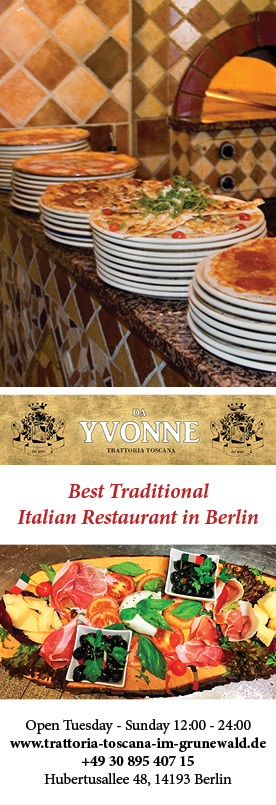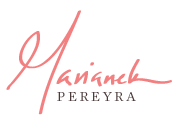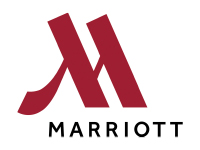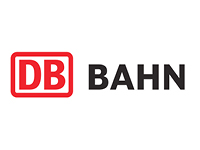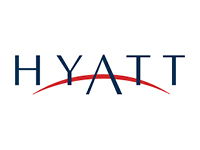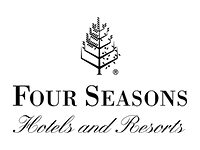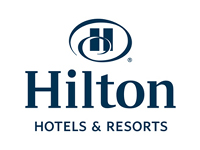
Business Travel Advice: Hong Kong
By Ryan Merrifield
As Asia’s business capital, Hong Kong has long been a leading destination for international commerce. With reliable international transport links, an extremely competitive tax rate and a close trade relationship with mainland China (so much so that it is regarded as “the business gateway to China”) Hong Kong is regarded one of the world’s best locations for starting or expanding a business. It is truly a land of opportunity – but as one would expect from such a richly cultured destination, business negotiations are subject to ancient customs and rituals. For those travelling to Hong Kong on business, it is essential to make the right impression.
Greeting
Although the traditional Chinese way of greeting is the bow, foreign visitors are not accepted to do so; a simple handshake (perhaps with a slight bow of the head) will suffice – though you should note that the Chinese are not particularly in favour of a firm handshake. When greeting a group, acknowledge the senior member first; in such a hierarchical society, you can cause great offence and imply disrespect if your fail to recognise seniority.
You should always address your associates with their title and surname, although you may notice that many Hong Kong Chinese businessmen use a ‘western’ name for simplicity. When presenting business cards do so with both hands and, upon receiving cards in turn, take the time to study them before putting them away. It is prudent to have business cards printed in both English and Chinese as a sign of respect for their language, whilst using red and gold in the design is considered auspicious in Chinese culture.
Gift Giving
Gift giving is an important aspect of business in Hong Kong, as it helps establish and maintain respectful relationships. Gifts are always exchanged between business associates at Christmas and Chinese New Year –however, they can be given throughout the year. Your gift may at first be politely refused as the recipient will not want to seem materialistic, but upon courteous insistence they will accept after the second or third refusal. A typical gift to offer is a souvenir from your country; however, the following should be avoided at all costs:
· Clocks and handkerchiefs as they are associated with death
· Anything with a colour scheme of white, black, and blue as these colours are associated with mourning
· Any multiple of four (for example, four boxes of chocolates) as the Chinese word for “four” is similar to the word for “death”
· Sharp objects as they symbolise a severing of relationships
Gifts should always be tastefully wrapped, offered and received with both hands and never opened in the presence of the giver.
Meetings and Negotiating
Appointments will need to be made well in advance, and avoided around Christmas time and Chinese New Year. Prior preparation is extremely important, as you will be expected to deliver concise and seamless presentations and information. Negotiations may be slow but very efficient as each detail will be considered, so patience and modesty are desirable attributes in the meeting room – avoid confrontation or aggression as this can severely ruin relationships.
If the conversation is moving at a slower pace than you are used to, instead of applying pressure ask instead if they require more details to help them make a decision; your professional outlook and demonstration of your knowledge will be looked upon favourably. Diplomatic language is preferred; rather than directly saying “no”, use alternative expressions such as “it may be difficult.” Similarly, “yes” may not always mean an agreement but simply “I hear and understand.”
When dressing for a business meeting, conservative suits and ties should always be worn by men, whilst women should wear skirts or dresses of a modest length.
Entertaining
Entertaining is a critical part of business negotiations in Hong Kong. Restaurants and banquet halls are often visited with new business partners; if you are invited out for a meal, not only should you do your best to attend (suggesting an alternative date/time if necessary) but the invite should always be reciprocated.
The seating arrangements at such occasions is important and should always be strictly followed; the guest of honour sits opposite the host, the next important guest sits to the left of the guest of honour whilst the third ranking guest sits to their right. The host usually sits closest to the entrance whilst the most important guests sit the furthest away. During the meal, your host will continue to refill you empty plate, as etiquette dictates a guest should always have enough to eat. When you are finished eating, a small amount of food left on the plate indicates that you are full. Rice is regarded as a ‘filler’ so to eat a large amount is to suggest that the rest of the meal is not to your liking. Toasts to your business relationship may be made; thank everyone in attendance for their hospitality and continuing relationship.
Share this article:






